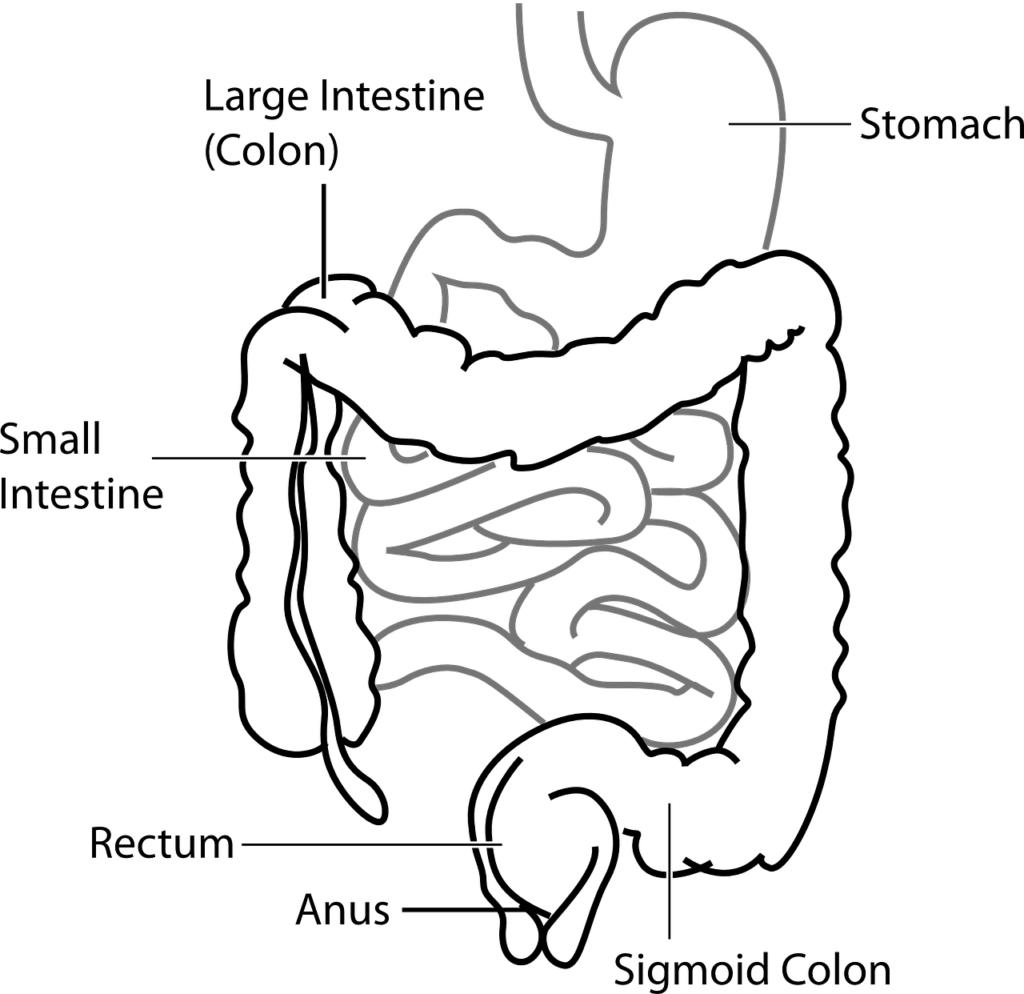
This may be tough to swallow for those on keto or paleo diets.
A new study from Tulane University which compared popular diets on both nutritional quality and environmental impact, found that the keto and paleo diets, as eaten by American adults, scored among the lowest on overall nutrition quality and were among the highest on carbon emissions.
The keto diet, which prioritizes high fat and low carbs, was estimated to generate almost 3 kg of carbon dioxide for every 1,000 calories consumed. The paleo diet, which eschews grains and beans in favour of meats, nuts and vegetables, received the next lowest diet quality score and also had a high carbon footprint, at 2.6 kg of carbon dioxide per 1,000 calories.
The study, published in The American Journal of Clinical Nutrition, compiled diet quality scores using data from more than 16,000 adult diets collected by the CDC’s National Health and Nutrition Examination Survey. Individual diets were assigned point values based on the federal Healthy Eating Index and average scores were calculated for those eating each type of diet.
The study’s senior author Diego Rose, professor and nutrition program director at Tulane University School of Public Health and Tropical Medicine, said that while researchers have examined the nutritional impact of keto and paleo diets, this is the first study to measure the carbon footprints of each diet, as consumed by U.S. adults, and compare them to other common diets.
“We suspected the negative climate impacts because they’re meat-centric, but no one had really compared all these diets – as they are chosen by individuals, instead of prescribed by experts – to each other using a common framework,” Rose said.
On the other end of the spectrum, a vegan diet was found to be the least impactful on climate, generating 0.7 kg of carbon dioxide per 1,000 calories consumed, less than a quarter of the impact of the keto diet. The vegan diet was followed by vegetarian and pescatarian diets in increasing impact.
The pescatarian diet scored highest on nutritional quality of the diets analyzed, with vegetarian and vegan diets following behind.
The omnivore diet – the most common diet, represented by 86% of survey participants – sat squarely in the middle of the pack of both quality and sustainability. Based on the findings, if a third of those on omnivore diets began eating a vegetarian diet, on average for any given day, it would be equivalent to eliminating 340 million passenger vehicle miles.
Notably, however, when those on omnivorous diets opted for the plant-forward Mediterranean or fatty meat-limiting DASH diet versions, both carbon footprints and nutritional quality scores improved.
“Climate change is arguably one of the most pressing problems of our time, and a lot of people are interested in moving to a plant- based diet,” Rose said. “Based on our results, that would reduce your footprint and be generally healthy. Our research also shows there’s a way to improve your health and footprint without giving up meat entirely.”
A 2021 United Nations-backed study found that 34% of greenhouse gas emissions come from the food system. The major share of those emissions come from food production, with beef being responsible for 8-10 times more emissions than chicken production and over 20 times more emissions than nut and legume production.
While the environmental impacts of specific foods have been studied extensively, Rose said this study was important because “it considers how individuals select popular diets that are composed of a wide variety of foods.”
Going forward, Rose still has questions about how to encourage eating habits that are better for people and the planet.
“I think the next question is how would different policies affect outcomes and how could those move us toward healthier, more environmentally friendly diets?” Rose said.


